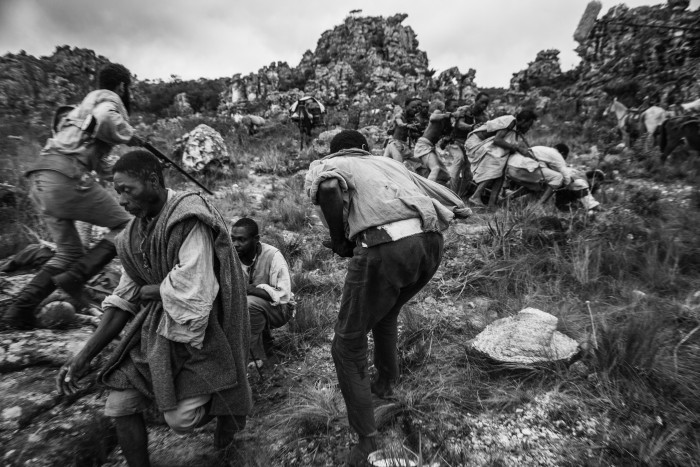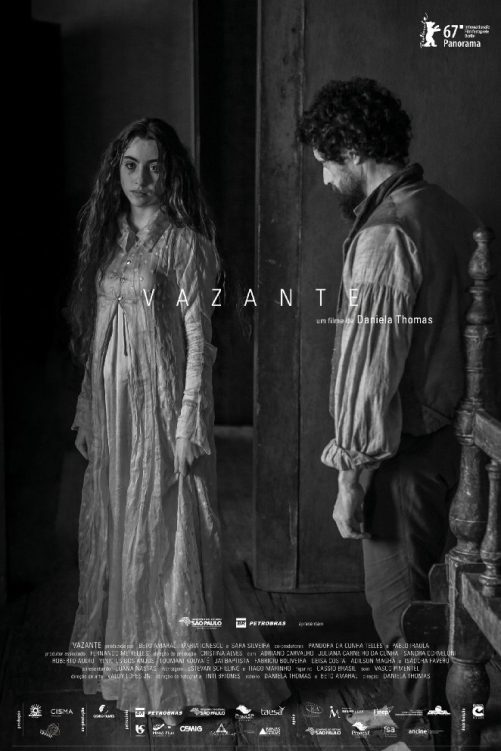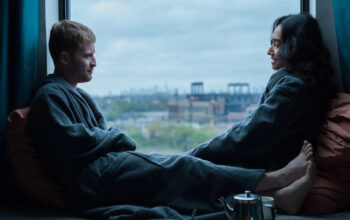Vazante

Life was unforgiving in Brazil back in 1821. It was still a Portuguese colony, but to live there was akin to being in the Wild West, albeit with more lush greenery that seemed to never end. It was around this time that the financial rewards of cattle farming were becoming more known, one of the catalysts that led to the current sorry state of the Amazon (and a few too many Sting charity concerts).
In an effort to capture cattle and other beasts suitable for farming, Antonio (Adriano Carvalho) is away from his land on a regular basis. This means he is not present when his wife (and baby) dies in childbirth. To ensure the continuation of his dynasty, he marries Beatriz (Luana Nastas), the niece of his late wife, who is 12 years old, and while this is seen as an obstacle, it is not an insurmountable one as Beatriz will be “reaching womanhood” soon enough. The fact that this has not occurred prior to the wedding is seen as some kind of swindle.
Director Daniela Thomas has opted to shoot her film in luxurious black and white, although when the colour has been stripped away, so too has a lot of the emotional resonance that could have been expected in a story such as this. Key developments are segmented with a quick cut to black as opposed to a more gentle transition, which highlights the artifice of the picture’s construction.
While there is some interest in the tribulations of Beatriz as a child bride, the exploits of the slaves working on the farm are infinitely more compelling. While Antonio is their master, they live in a richly realised, almost self-governing world where any confusion as to the hierarchy of their environment can be catastrophic. There are a few too many meandering shots that are not as meaningful as intended, but Vazante is still an assured piece of filmmaking.
Oliver Johnston
Vazante does not have a UK release date yet.
For further information about the 67th Berlin Film Festival visit here.
Read more reviews from the festival here.




























Facebook
Twitter
Instagram
YouTube
RSS